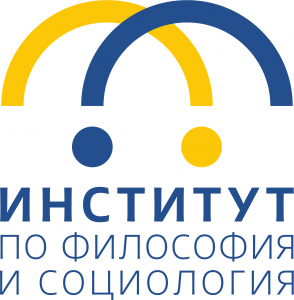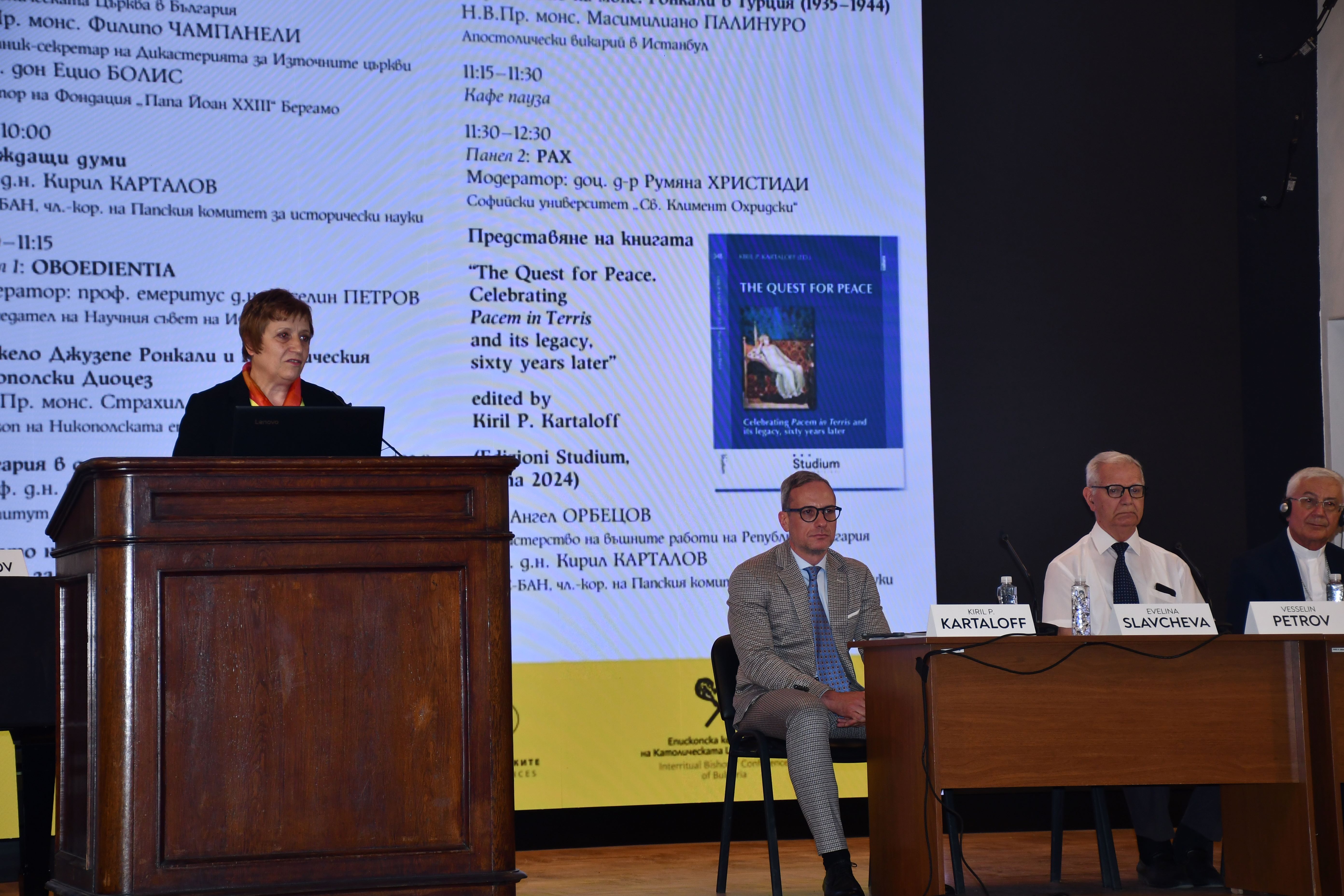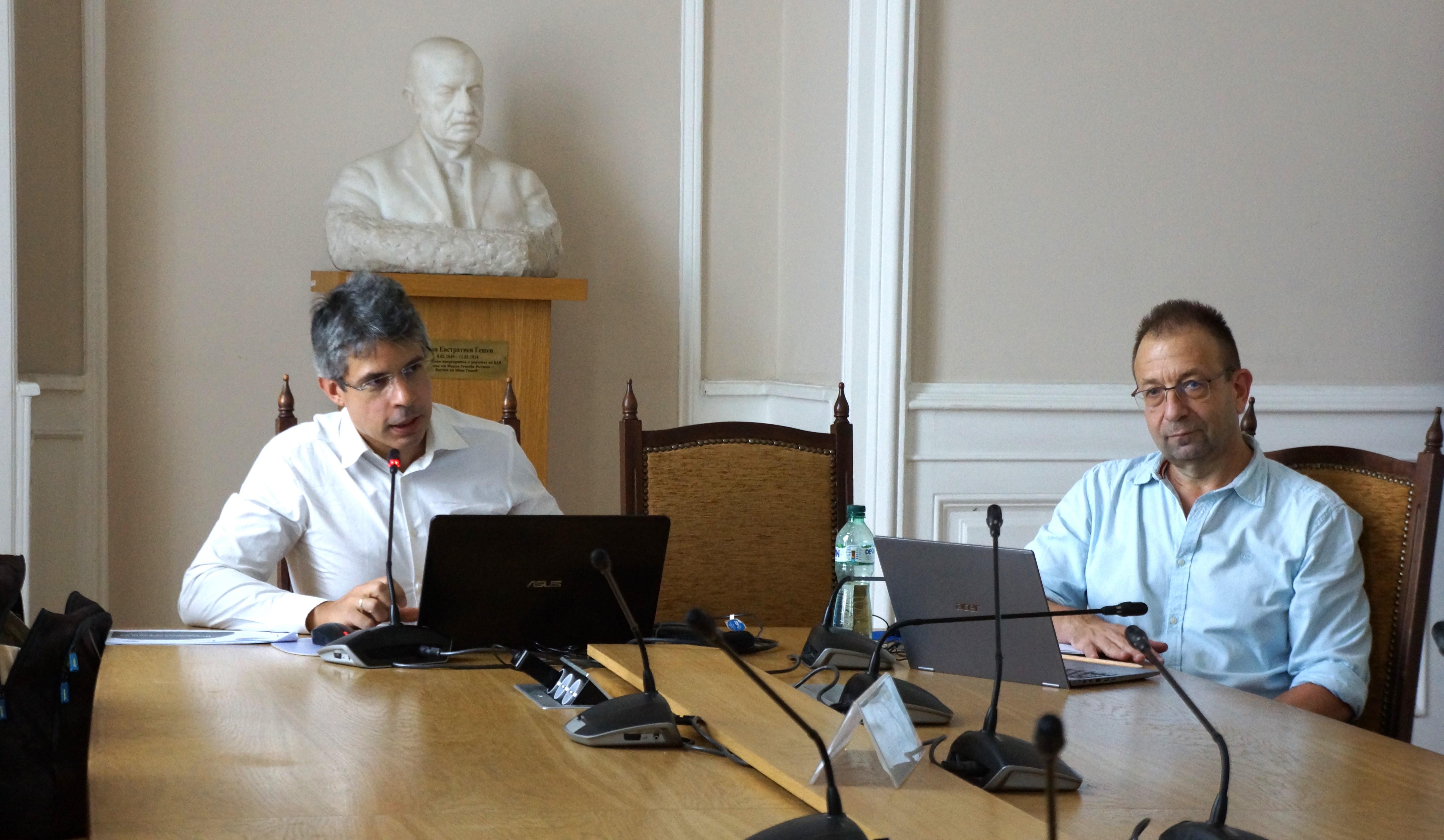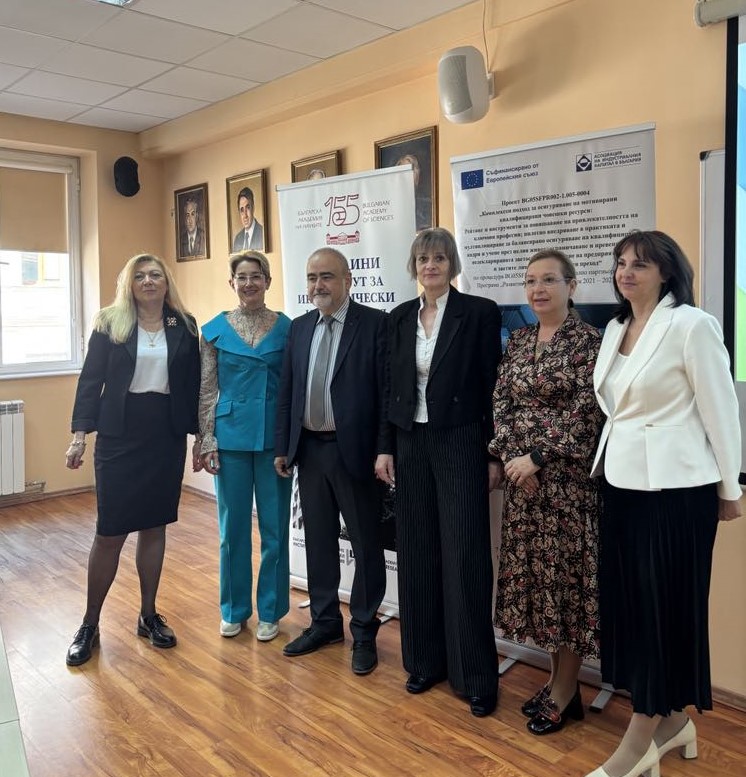In 2020-2022, the Social Survey Research Center of the Institute of Philosophy and Sociology – BAS has implemented a research project on the processes of public opinion formation and the possibilities to improve through mathematical modeling the sociological tools for predicting the development of public attitudes on important issues for Bulgarian society.
One of the focuses of the project is the processes of formation of electoral attitudes and electoral behavior. For the purposes of the project, a post-electoral survey was conducted in 2022, which took the form of a methodological experiment. Two separate studies were implemented in parallel – with the same research instruments but in two methodological formats: a nationally representative survey (standardized interview) and an online survey using the method of “respondents”.
Comparing the estimates of the two surveys shows conclusively that when studying electoral attitudes, it is imperative to work to the highest methodological standards, a key aspect of which is the construction of a representative sample. The comparison shows that when working with a representative sample, on the one hand, and by the method of respondents, on the other, empirical estimates of the same events, at the same point in time, paint a radically different picture of the process under study. We point out this fact in order to stress, first of all, the importance of the respondents’ selection procedure for electoral research but also to draw attention again to the fact that the method of “respondents” leads to incorrect, false reconstructions of social reality as a whole. The “respondents” are usually persons who have a direct interest or are strongly involved in the issue under discussion. This bias and pre-commitment makes them partial to the topic, which is why the processes and phenomena under study receive a hyperbolized, unreal reconstruction that is not adequate to the actual parameters of the processes and phenomena under study.
The conducted methodological experiment shows that electoral attitudes are formed under the influence of a complex set of factors. The data show that television is the factor with the strongest influence on the formation of electoral attitudes. The next most powerful factor is politicians and their public appearances. In particular, politicians’ television appearances (participation in news, current affairs programmes and talk shows) have an exceptional potential to influence the formation of electoral attitudes. The next most important factor is social networks – Facebook, Twitter, TikTok, Instagram, etc. Also significant are such factors as radio, electronic versions of print media, print media (their paper version) and other news sites and portals, and the comments of public experts. One should not underestimate the trust circle factor – these are the closest friends, relatives, colleagues whom one trusts and with whom one shares opinions on current issues. The data also show that electoral attitudes are significantly influenced by electoral polls – especially those whose results are announced in the last two weeks before election day.
According to a methodological experiment conducted in 2022 by the Social Survey Research Center at the Institute of Philosophy and Sociology – BAS, the interest of the Bulgarian voter in electoral surveys is moderate: 13.6% follow the announcement of results of electoral surveys very often, 40.4% – often, 24.3% – relatively rarely, and 21.7% – very rarely.
In terms of generating electoral forecasts, it is important how voters participate in the conducted electoral surveys. The data show that participation in this kind of studies is perceived responsibly and with understanding. However, it is worrying that 28% of respondents to electoral surveys deliberately mislead researchers by reporting false electoral intentions. One of the reasons for this is ignorance of how electoral survey data is used. The other reason is the fundamental belief that it is incorrect to ask voters such a question.
And yet, the Bulgarian voter is largely influenced by the announced results of the electoral polls. Around 30% of potential voters say that if the electoral polls show a low electoral strength of the party they sympathise with, they will change their voting intention and shift their vote to a party that has higher electoral chances. This confirms findings from political and electoral analyses over the last ten years and more, according to which about one third of potential voters in the country are undecided – they have no permanent political representation and look for a new favourite at each new election. In order to orient themselves in the real strength of new political entities, voters need information. They get this mainly from the media and the media appearances of political leaders. Voters also turn to electoral surveys in search of information, drawing from them specific information both about the political subject itself and about its electoral strength and positioning in the general political context.
The interest of potential voters in the results of the electoral surveys is conditioned by the desire to get a preliminary idea of the electoral weight of the political subjects participating in the elections, including the party they sympathize with and for which they are psychologically ready to vote. The methodological experiment confirmed the hypothesis that a third of voters (mostly those without lasting political sympathies, hesitant and seeking representation in any emerging political player) hope to learn from the electoral surveys which party emerges as the winner of the elections. This phenomenon has been described in the sociological literature as the “spiral of silence” (Elizabeth Noelle) but remains underestimated in political analysis in this country. Our experiment raises again the issue of “silent” voters who wait until the last moment to know who the winner will be and cast their vote for him. This phenomenon is psychological – people want to join the winner and do not want to associate with the losers in the political game. Thus, in the end, it turns out that the “silent” voters determine the outcome of the elections because their votes tip the scales in one direction or another. This affects the actual votes received by the parties occupying the top places in the electoral rankings but it also determines the fate of those parties that are on the edge of around 4 percent.






